On the second morning of #AntiochSummit, we heard from Dr. DESMOND SOH, senior pastor of Bethany Evangelical Free Church and formerly an associate professor of Homiletics and Intercultural Studies at Singapore Bible College.
He broke down what missions is, what the needs in the field today are, and what is the strategic role of the Singapore Church as an Antioch of Asia.
Beyond the keynote message, our Gen Z writer also shares what impacted him during the Summit and his reflections on missions.
What is missions to you? Is missions simply a task?
While most of us would agree that missions is important, many of us may not have a full understanding or perspective of missions.
Today, I would like to break down missions into 3 Ms:
- Motivation: Why we do what we do
- Modality: How do we reach the nations
- Membership: Who are the people we are trying to reach
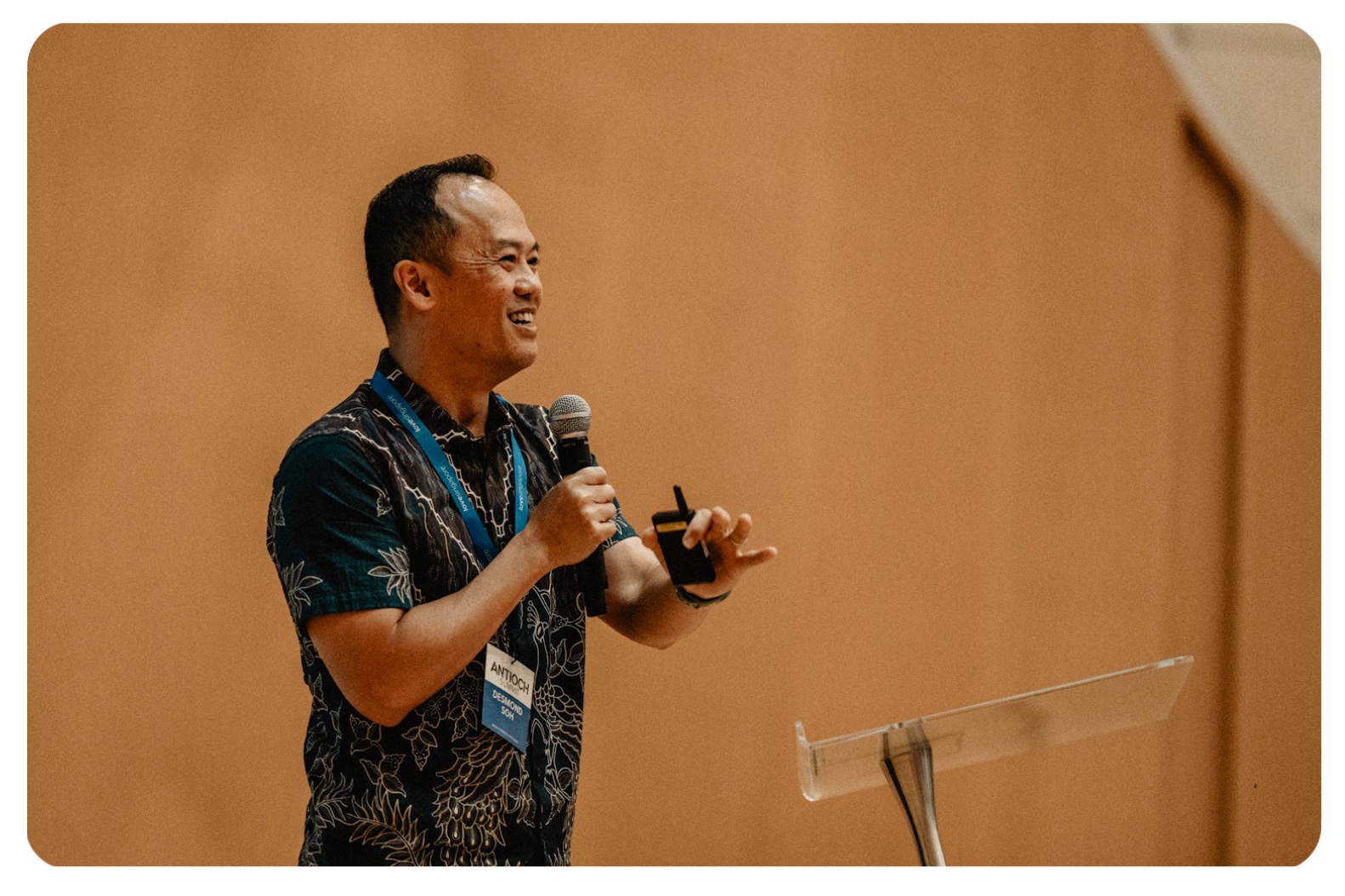
Motivation
When we talk about the motivation of missions, we are essentially talking about the who – who we are doing this for. We are talking about the heartbeat of God.
Let us look at what Moses said to the Israelites when they were on the verge of entering the Promised Land:
“See, I have taught you decrees and laws as the Lord my God commanded me, so that you may follow them in the land you are entering to take possession of it. Observe them carefully, for this will show your wisdom and understanding to the nations, who will hear about all these decrees and say, “Surely this great nation is a wise and understanding people.” What other nation is so great as to have their gods near them the way the Lord our God is near us whenever we pray to him? And what other nation is so great as to have such righteous decrees and laws as this body of laws I am setting before you today? Only be careful, and watch yourselves closely so that you do not forget the things your eyes have seen or let them fade from your heart as long as you live. Teach them to your children and to their children after them.” (Deuteronomy 4:5-9)
There are many things that God was calling the Israelites to do. He was calling them to obey the law (v5a, 6a), possess the land (v5b), keep their faith (v9a), pass on what they learned to their children (v9b) and so on.
But most importantly, the central message is that God was inviting His people to be part of His salvation plan. He wants to fulfil His salvation plan for humanity through His people.
And the role of God’s people, the role of the Church, is to live out God’s plan.
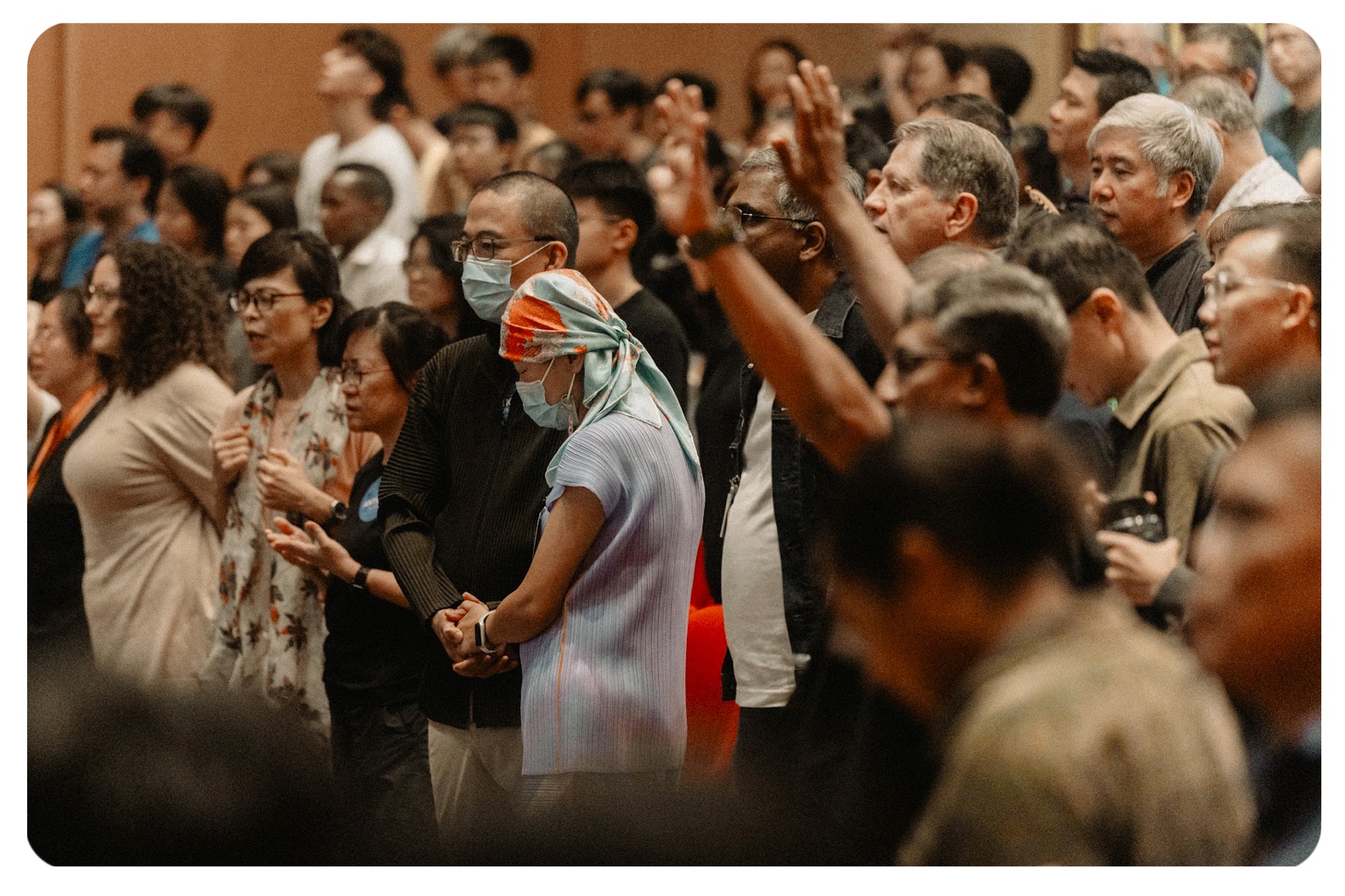
Modality
Now, how exactly do we do that? The same passage also gave us some clues.
The Israelites were called to live according to the law as God’s Holy people. They were supposed to live in a way such that the people of the land would be captivated by who they are and who their God is.
In short, we as the people of God, are called to be God’s salt and light in this world. You and I are called to be influencers and culture shapers. We are not to be influenced by culture, but to shape culture.
We are called to live out our lives in such remarkably different ways that the people around us would come to realise that there is a God. And when they ask us questions about our values and our God – that is an opportunity for us to share about the Gospel and who God is!
Membership
Yet, there is still a missing part of the equation. Who are the people that God truly wants to save?
It is anyone who’s on this Earth, because all people matter to God.
Over the past few decades, there have been several terminologies and strategies that were used in the world of missions. Some of them include the “Unreached People Groups” in the 1970s, the “10/40 Window” in the 1980s, and the “Diasporas” in the 2000s.
If you have never heard of some of these names, it is not surprising. Because this shows a prominent problem in the Christian world today – we are beginning to lose sight of who are these people that God truly cares for and hopes to reach.
In fact, the Joshua Project also found that out of 17,400 people groups in the whole world, 7,400 of them remain unreached – and they make up about 42% of the world’s population.
When we look at the number of individuals instead, 2.06 billion people have never heard of the Gospel in their entire lives. That is 1 in 4 people on this earth.
Bringing it closer to home, more than 90% of the people in Asia still do not know Christ.
“Missions is not the ultimate goal of the Church. Worship is. Missions exists because worship doesn’t.” (John Piper)
Enough numbers, the message is clear: There remains a great and urgent need for missions because many people remain unreached and unsaved. Because many have yet to know Jesus as their Lord and Saviour.
We need to be the salt and light to these people who have yet to know who God is. And we can’t do so unless we live amongst them.
That precisely, is the heart of missions.
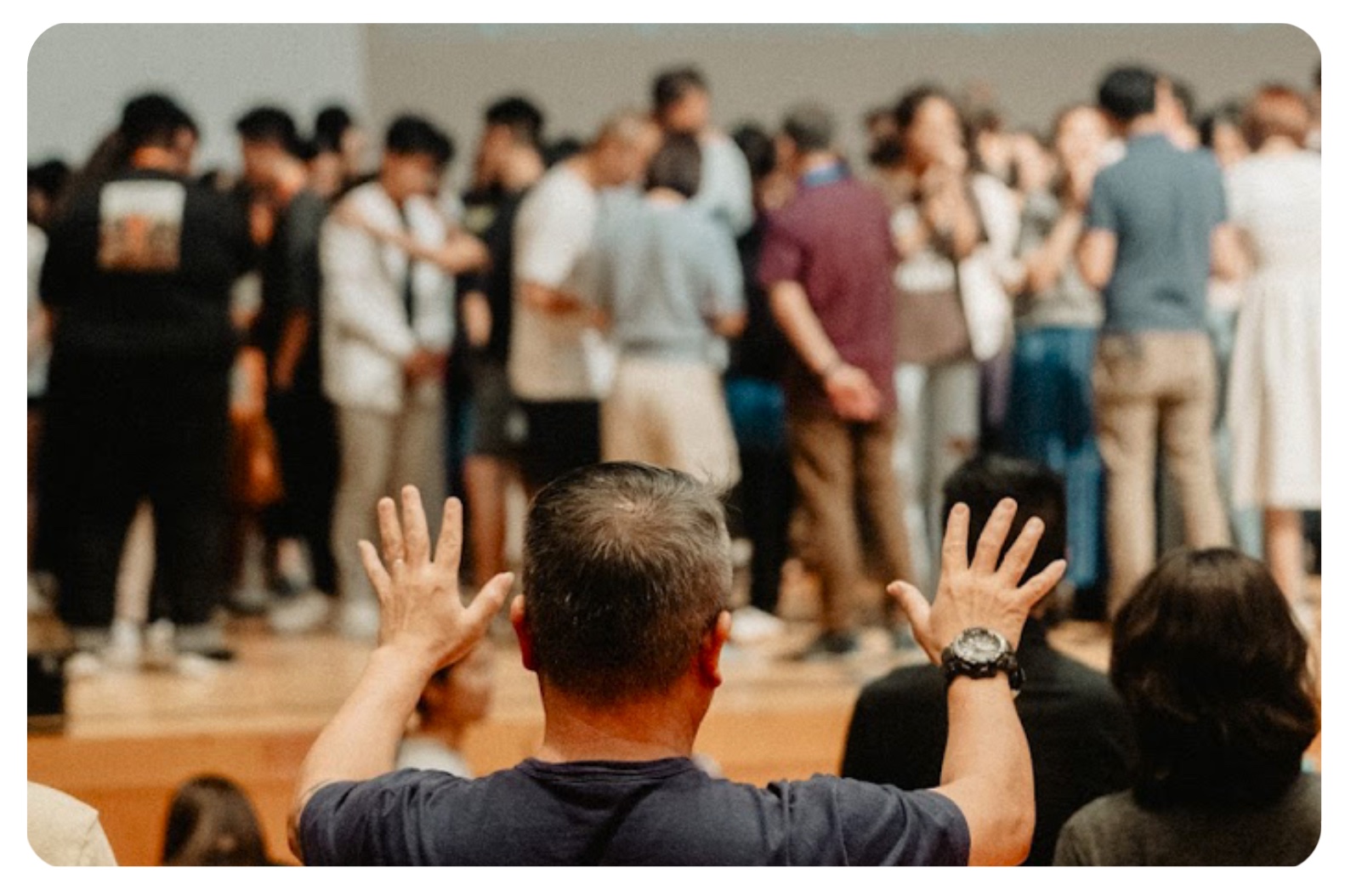
What is our response?
When we look at Scripture, we know that the Israelites did not honour and obey God’s call. 2 Chronicles 36:15-16 tells us that they mocked and despised God’s Word, even though God repeatedly sent His messengers to warn and remind them.
Today, we are presented with the same call from God. Will we be like the Israelites, and despise and neglect God’s call?
Or will we take God’s call seriously, to take our place as God’s chosen people and proclaim His goodness with our lives (1 Peter 2:9)?
The writer’s reflection
When it comes to missions, many of us might not be the most “passionate” because we are unaware of the needs that lie beyond our churches or our country.
But having heard from Dr. Desmond, as well as many other missionaries who have been working for the Gospel across the world, I realise we no longer have an excuse.
The needs are clear, and are perhaps far more urgent than we first thought.
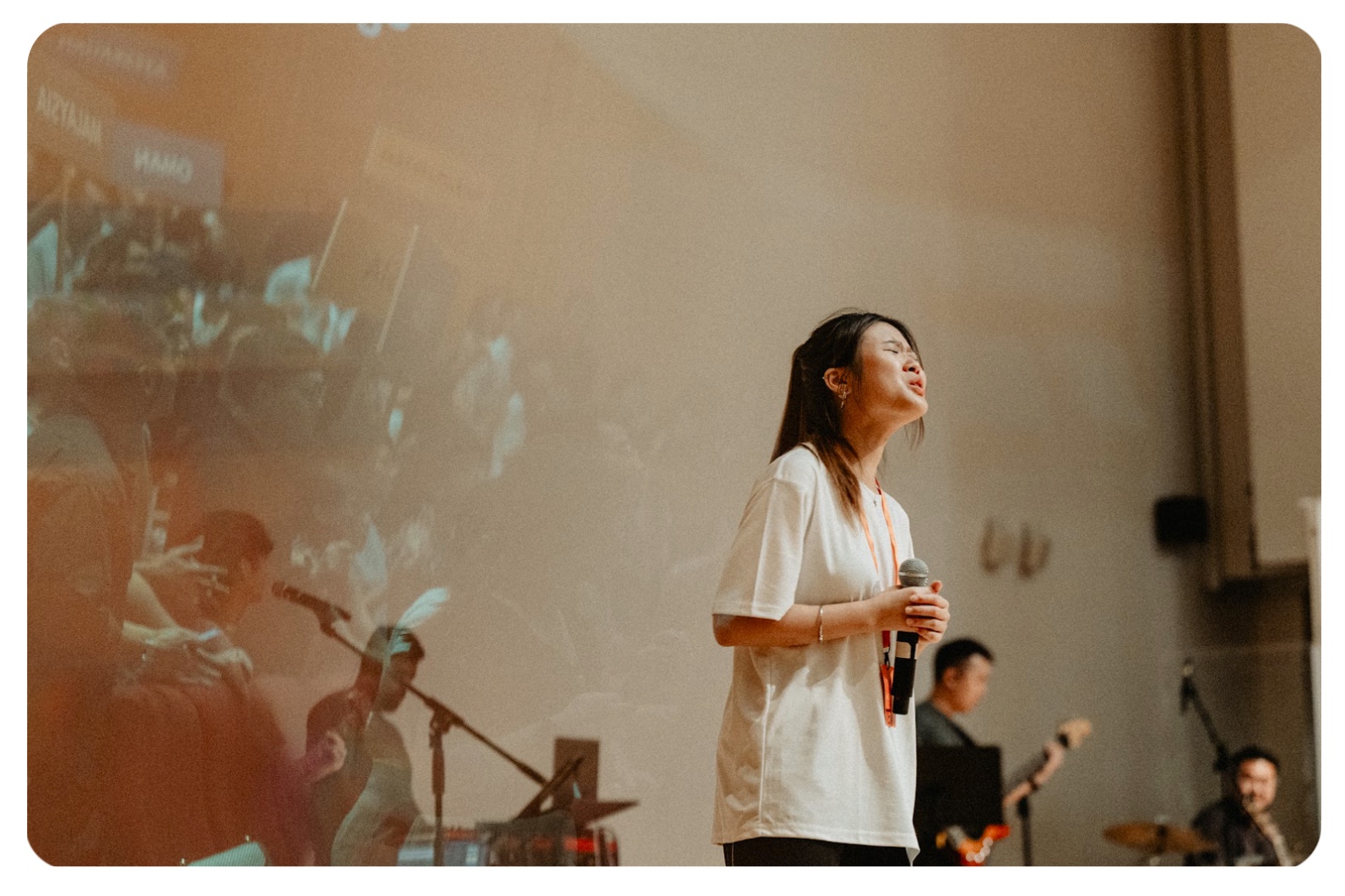
On that same second day of Summit, someone who has been serving in West Asia also shared an encounter that left an impact on her views of West Asia and God’s heart for that region.
When she first started doing relief work in West Asia, a pastor from the region asked her co-workers something unexpected.
“What took you so long?”
If we trace the history of the Early Church, we would know that that region (that the pastor comes from) had sent out many people and established Christian communities all around Asia from as early as 600 AD.
“What took you so long? We sent people to you more than a thousand years ago. Finally, you are coming back to us.”
The entire auditorium went silent as she recounted the story at the Summit.
It was a moment of solemn reflection: on whether we have been fulfilling our call as God’s Church; whether we have been truly united as one Body of Christ, across borders and geographical boundaries.
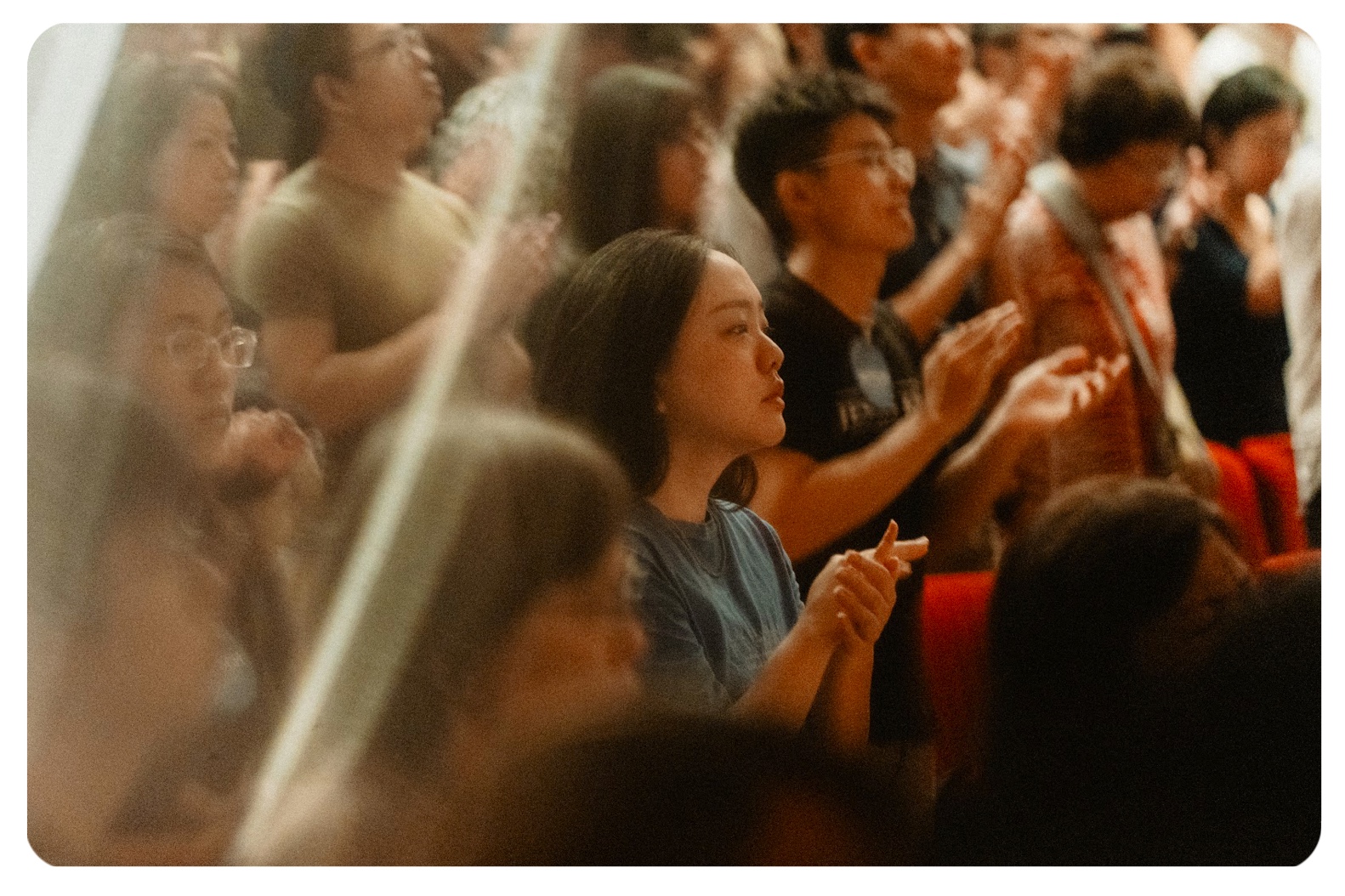
Joseph Chean, Strategic Coordinator of Antioch21, concluded the session with this: “I believe in the call of God for Singapore, simply because we don’t deserve it.”
Ultimately, missions is an act of gratitude. It is a grateful response towards what God has done, and towards what those who have come before us have invested in Singapore such that we can be where we are today.
We owe it to the many missionaries, pastors and forefathers from other countries who have poured their time, talent and treasure into Singapore, that have allowed us to call ourselves an Antioch of Asia today.
Now, we must pass the baton. We must be an Antioch that plants Antiochs, which would in turn plant other Antiochs.
We cannot afford to drop the baton because people matter too much to God. Because God longs to see all people return to Him.
Young people, it’s time for us to pick up the baton.
If you are interested but unsure of how you can get involved in missions, you can try out the 1361 exploration by Antioch21. Indicate your interest here.
Still uncertain? Don’t worry. Look out for our upcoming article on how to cultivate and steward a heart for missions!
- How do you feel as you learn about the needs in Asia?
- What is the first step of obedience you can take today?
- Take some time to cover Singapore and the nations in prayer.









